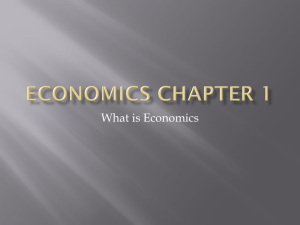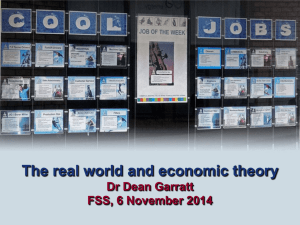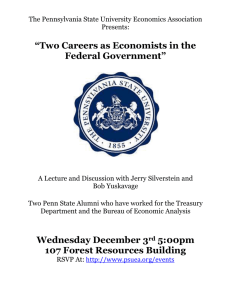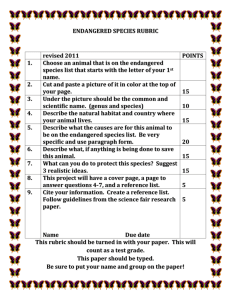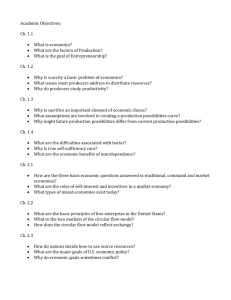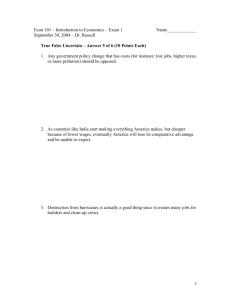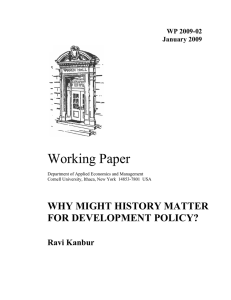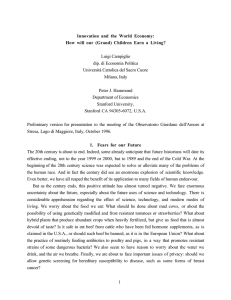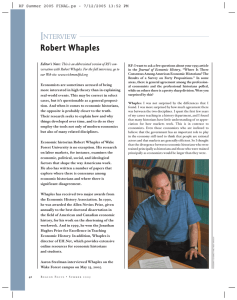Kinds of Questions the Different Social Sciences Ask of a Complex
advertisement
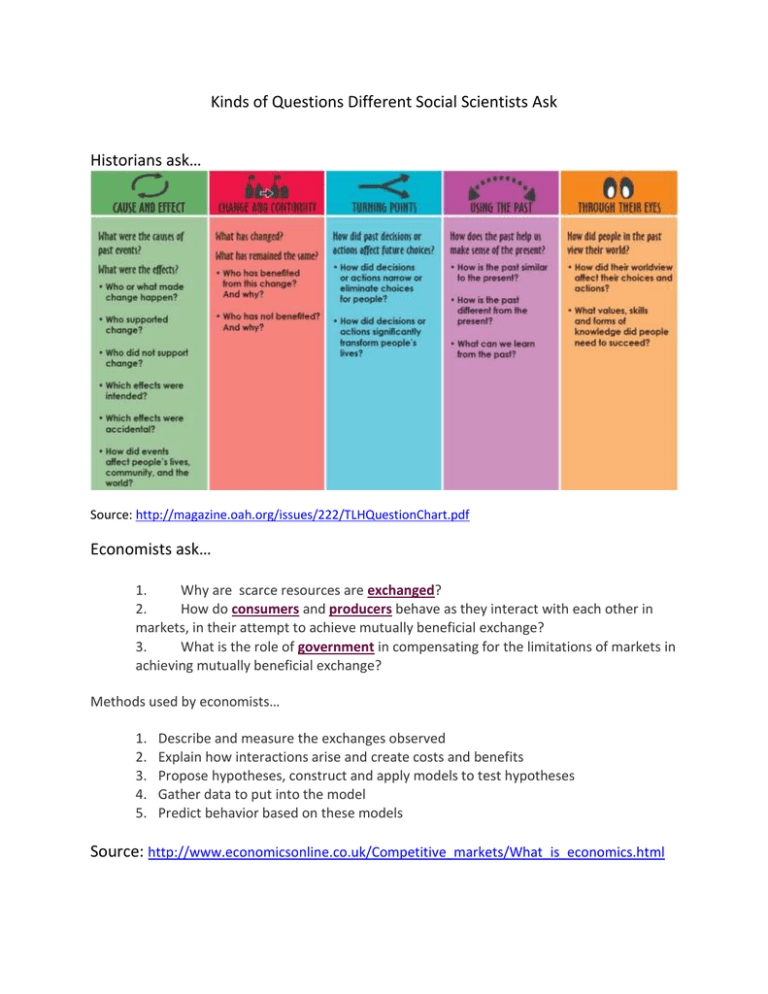
Kinds of Questions Different Social Scientists Ask Historians ask… Source: http://magazine.oah.org/issues/222/TLHQuestionChart.pdf Economists ask… 1. Why are scarce resources are exchanged? 2. How do consumers and producers behave as they interact with each other in markets, in their attempt to achieve mutually beneficial exchange? 3. What is the role of government in compensating for the limitations of markets in achieving mutually beneficial exchange? Methods used by economists… 1. 2. 3. 4. 5. Describe and measure the exchanges observed Explain how interactions arise and create costs and benefits Propose hypotheses, construct and apply models to test hypotheses Gather data to put into the model Predict behavior based on these models Source: http://www.economicsonline.co.uk/Competitive_markets/What_is_economics.html Five Geographic Themes and Essential Questions Geographers Ask** 1. Location: Position on Earth’s Surface (Absolute & Relative) Where and how will ten billion people live? (c) (e) How does where we live affect our health? (a) (d) (f) 2. Place: Physical and Human Characteristics Where and how will ten billion people live? (c) (e) How does where we live affect our health? (a) (d) (f) How can we best preserve biological diversity and protect endangered ecosystems? (b) (d) (e) (f) 3. Human/Environment Interaction: Shaping the Landscape How can we best preserve biological diversity and protect endangered ecosystems? (b) How are we changing the physical environment of Earth’s surface? (c) (d) (e) (f) How are climate and other environmental changes affecting the vulnerabilities of coupled human/environment systems? (c) (d) (f) How are movements of people, goods and ideas changing the world? (a) (c) How is globalization affecting income equality? (a) (c) (d) (e) (f) How might we better observe, analyze and visualize a changing world? (b) (d) (f) 4. Movement: Humans Interacting on the Earth Where and how will ten billion people live? (c) How will we sustainably feed everyone in the coming decade and beyond? (b) (c) How are geopolitical shifts influencing peace and stability? (a) (b) (c) 5. Regions: How they Form and Change How are movements of people, goods and ideas changing the world? (a) (c) (d) (e) (f) How are geopolitical shifts influencing peace and stability? (a) (b) (c) (d) (e) f) How might we better observe, analyze and visualize a changing world? (b) (d) (f) ** Selected historians’ questions in parentheses: (a) cause & effect (b) change & continuity (c) turning points ** Selected economists’ questions in parentheses: (d) what will be produced? (e) for whom will it be produced? (f) how will it produced? Created by Dr. Paul Mack, Associate Professor (retired), Maryville University, for Parkway Social Studies Professional Development, November 2014
